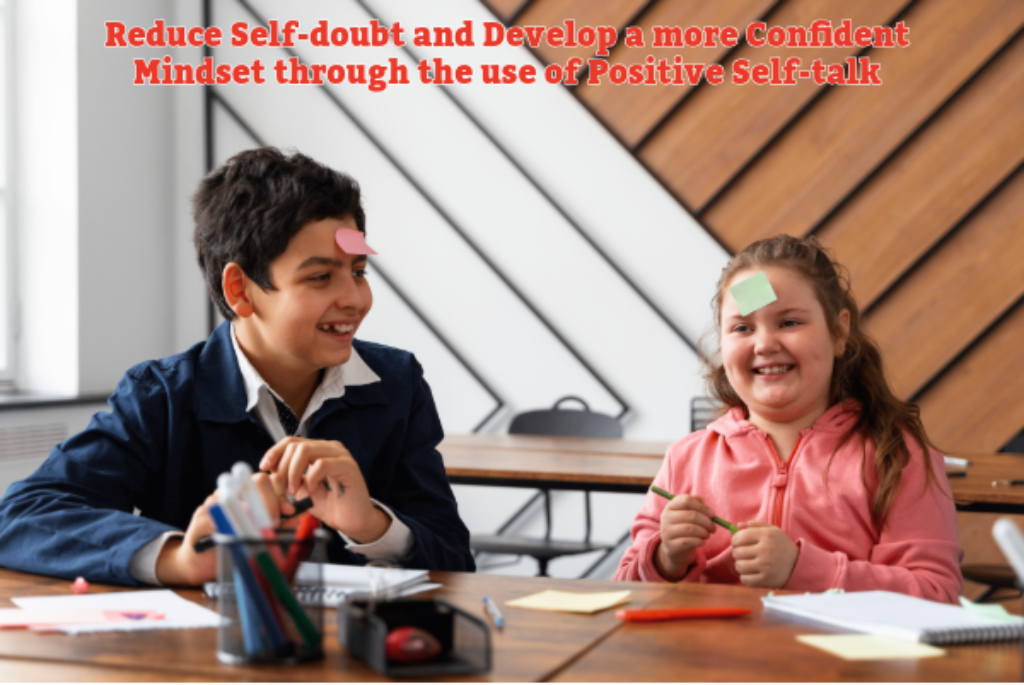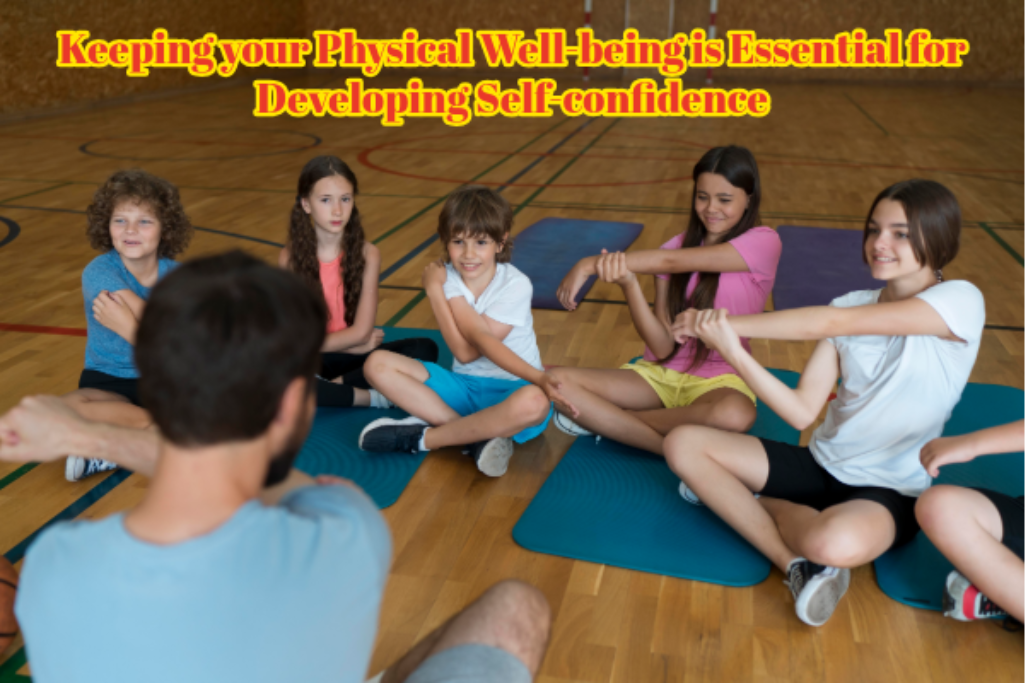
10 Ways to Boost Confidence: Important for Teenagers after Schooling
If as a teenager, after schooling, you want to boost confidence, we’re going to explore at least 10 ways for you to boost confidence. Gaining confidence is crucial for both personal and professional growth, especially for teens moving from school to the next phase of their lives. Confidence may have an enormous effect on your success and overall well-being, whether you’re planning on attending college, beginning a profession, or exploring other possibilities. 10 ways to boost confidence that are particularly essential for teenagers after school will be explored in this article.
10 Ways to Boost Confidence
- Set Achievable Goals: Some of the most effective methods to boost confidence are to set achievable goals. You can feel a sense of success and advancement by setting simple, measurable, and feasible goals, which may boost your confidence. To keep yourself motivated and involved, break down larger goals into smaller, feasible endeavors.
- Practice Positive Self-Talk: It matters how you talk to yourself. By using affirmations, emphasizing your skills, and encouraging yourself to take risks, you can take part in positive self-talk. You can reduce self-doubt and develop a more confident mindset through the use of positive self-talk.
- Develop a Growth Mindset: The concept that your abilities and intellect may be improved by diligence, dedication, and persistence is referred to as a growth mindset. You may develop confidence in your ability to grow and advance, in addition to a more positive perspective on obstacles, by developing a growth mindset.

Reduce Self-doubt and Develop a more Confident Mindset through the use of Positive Self-talk
4. Learn New Skills: Learning new skills is an excellent way to boost confidence. Mastering new skills can help you feel confident and in command of a new language, musical instrument, or sport. Consider what motivates you, and then take action to learn more and to be stronger.
5. Take Care of Your Physical Health: Keeping your physical well-being is essential for developing self-confidence. Your mood, energy, and overall health can all be improved by regular exercise, a nutritious diet, and adequate sleep. You are more likely to feel confident and competent when you are in good physical condition.
6. Surround Yourself with Positive Influences: Your confidence can be greatly influenced by the people you surround yourself with. Seek trustworthy role models who support and believe in you, such as mentors, family members, or friends. Stay cautious of negative situations that might damage your confidence and sense of self-worth.
7. Practice Mindfulness and Meditation: You can improve your self-awareness, reduce your stress and anxiety symptoms, and boost your confidence by exercising mindfulness and meditation. Even in challenging situations, regular practice can help you keep calm, focused, and in the current situation.

Surround Yourself with Positive Influences
8. Take Calculated Risks: By pushing yourself over your comfort zone, taking moderate risks can help you develop confidence. Taking moderate risks can help you grow resilience and confidence in your ability to cope with uncertainty, whether it’s public speaking, trying a new activity, or taking on a fresh endeavor.
9. Learn from Failure: Failure is an essential part of growth and development. Use failure as an opportunity to grow and gain knowledge instead of concentrating on it. Analyze what went wrong, identify areas that need improvement, and apply the lessons gained to face fresh challenges.
10. Celebrate Your Successes: Building confidence includes taking responsibility for your achievements, no matter how little. Appreciate your achievements, evaluate your growth, and apply them as a motivation to continue getting stronger.
The Importance of Confidence for Teenagers
As teenagers manage the challenges of adolescence and embark on the path to adulthood, confidence has become particularly essential. Teenagers may gain confidence:

Your Confidence can be Greatly Influenced by the people you Surround yourself with
- Develop a positive self-image: Teenagers’ emotional and psychological well-being depends upon them possessing a positive self-image and self-acceptance, each of which can be nurtured by confidence.
- Develop resilience: Teenagers who gain confidence have the ability to face the challenges of adolescence and adulthood through the growth of methods of coping and resilience.
- Achieve their goals: Teenagers having confidence are more likely to set and achieve goals, regardless of whether they be professional, personal, or academic.
- Create meaningful relationships: Teenagers who possess confidence are more likely to cultivate beneficial connections with friends, family, and romantic partners.
Conclusion
It needs expertise, diligence, and effort to nurture confidence. You may boost your self-confidence and assess your abilities as well as possibilities by incorporating these ten strategies into your daily routine. Keep in your mind that arrogance and perfectionism aren’t the same as confidence. It’s about maintaining trust in your abilities and expertise and also being willing to accept risks and develop from them.

Keeping your physical well-being is essential for developing self-confidence
Additional Tips
- Practice self-compassion: Establish self-compassion by addressing yourself with the exact same consideration and understanding as you would a close friend.
- Seek feedback: To gain new concepts and insights, ask others for their opinions.
- Establish a sense of purpose by recognizing your passions and values and utilizing them to guide your decisions and actions.
- Take care of your mental health: Consider your mental health and well-being your top concern by taking proper care of yourself and seeking help when you need it.
You may prepare yourself for success and achieve your goals by heeding these suggestions and putting an emphasis on your well-being and self-confidence.

5 thoughts on “10 Ways to Boost Confidence: Important for Teenagers after Schooling”